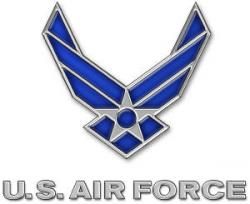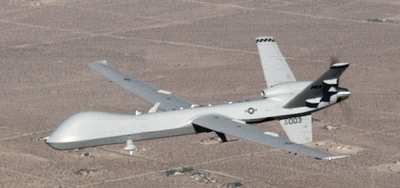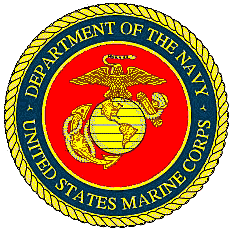"Executive Agent" Would Have Sole Acquisition, Development
Responsibility
 Deputy Defense
Secretary Gordon England is probably feeling a bit like a referee
-- or perhaps, an exhausted parent of toddlers.
Deputy Defense
Secretary Gordon England is probably feeling a bit like a referee
-- or perhaps, an exhausted parent of toddlers.
The United States Air Force is vigorously lobbying to become the
"executive agent" for drones -- unmanned aerial vehicles that fly
above 3,500 feet -- and the Army, Navy and Marines are lobbying
just as hard against it, according to the London Financial
Times.
Should the Air Force win its bid, it would be solely responsible
for acquisition and development of all military UAVs. England is
due to make a decision on the issue soon.
Use of the vehicles has become so popular and so vast -- Central
Command, which oversees the Iraq and Afghanistan wars, operates
about 1,000 --the Pentagon is now debating how to best acquire and
operate them.
The Air Force contends there is a need to streamline the process
not only to reduce costs but for interoperability improvements and
to decrease the chance of mid-air collisions.
"We can't afford to compromise any longer, particularly when
'compromise' comes at the cost of inefficiencies and with no
benefit beyond assuaging ruffled parochial egos," says
Lieutenant-General David Deptula, deputy air force chief of staff
for intelligence, surveillance and reconnaissance.
The Army, however, doesn't think the Air Force is the best
qualified for such a responsibility simply because it doesn't have
the best record in acquisitions, pointing to the Global Hawk and
Predator programs that have exceeded their budgets whereas the
Army's own Warrior program has met its cost and schedule goals so
far.

"It is the Air Force that refuses to join the joint team,
preferring to criticize others, disseminate misleading statements
and independently lobby Congress for support they do not have in
the Pentagon," said a senior army officer. "The ruffled feathers
and parochial egos belong to the air force . . . the Marine Corps,
Navy, Special Forces and Army are cooperating across acquisition
programs, common ground stations and future program
development."
 There are those,
however, that think the concept of letting each branch control
their own acquisitions has merit.
There are those,
however, that think the concept of letting each branch control
their own acquisitions has merit.
"If you think ... the Orville and Wilbur Wrights of the 21st
century are running around in the UAV marketplace, then, as messy
as it makes the environment, it is strategically important to have
lots of players," said Pierre Chao, of the Center for Strategic and
International Studies.
UAV expert at the Center for Strategic and Budgetary Assessments
Tom Ehrhard says the overall debate exposes failures of the
Goldwater-Nichols Department of Defense Reorganization Act of 1986.
The act was an attempt to fix problems caused by inter-service
rivalries.
"The bid for executive agent authority is, in part, an
indictment of current joint organizations," Ehrhard said. "What the
air force is trying to accomplish is supposed to be taken care of
by existing organizations but it clearly is not."
 NTSB Final Report: Cessna 177B
NTSB Final Report: Cessna 177B ANN's Daily Aero-Term (05.08.25): Final Approach Fix
ANN's Daily Aero-Term (05.08.25): Final Approach Fix Aero-News: Quote of the Day (05.08.25)
Aero-News: Quote of the Day (05.08.25) ANN's Daily Aero-Term (05.09.25): Estimated (EST)
ANN's Daily Aero-Term (05.09.25): Estimated (EST) ANN's Daily Aero-Linx (05.09.25)
ANN's Daily Aero-Linx (05.09.25)





